- Learning time
- 10 minutes
- First play time
- 60 minutes
Love Letter
Designed by: Seiji Kanai
Love Letter is a fast-moving card game with an element of bluff.
The game is comprised of a small deck of cards and a set of cubes – the winner of a round gets a cube and the first to four (or an alternate number of your choice) wins the game.
Each player is dealt one card at the start of the game, and on their turn they receive a second card. They then choose which card to keep (face-down) and which to play (face-up). The cards have a value to them and if more than one player is left when the deck is exhausted comparing the value on the cards decides the winner of that round.
However it’s also possible – and very likely – that players will be knocked out of the round during play.
There are only 8 types of card in the deck (and at most five of any one type; often there are one or two) and they can be utilised to eject players from the game. Even the most powerful card in terms of game-end comparisons, the princess, has a flaw in that she cannot ever be played – she must be kept hidden, and there are ways to expose hidden cards…
A first play can be a bit of a puzzle; checking the character’s abilities choosing between them. But after one or two rounds – each take about 10 minutes Love Letter speeds up, and becomes a fast-moving game of chance – and a little bit of cunning.
The guru's verdict

-
Take That!
Take That!
It's all about trying to knock each other out, although as that's the aim of the game at least it doesn't feel arbitrary or spiteful.
-
Fidget Factor!
Fidget Factor!
None.
-
Brain Burn!
Brain Burn!
Nothing to spend long hours pondering – you only ever have a choice of two cards to play. Not really suited for very young children though.
-
Again Again!
Again Again!
The simplicity of the rules and brief playing time mean it's quite an accessible game, probably more so for older players.

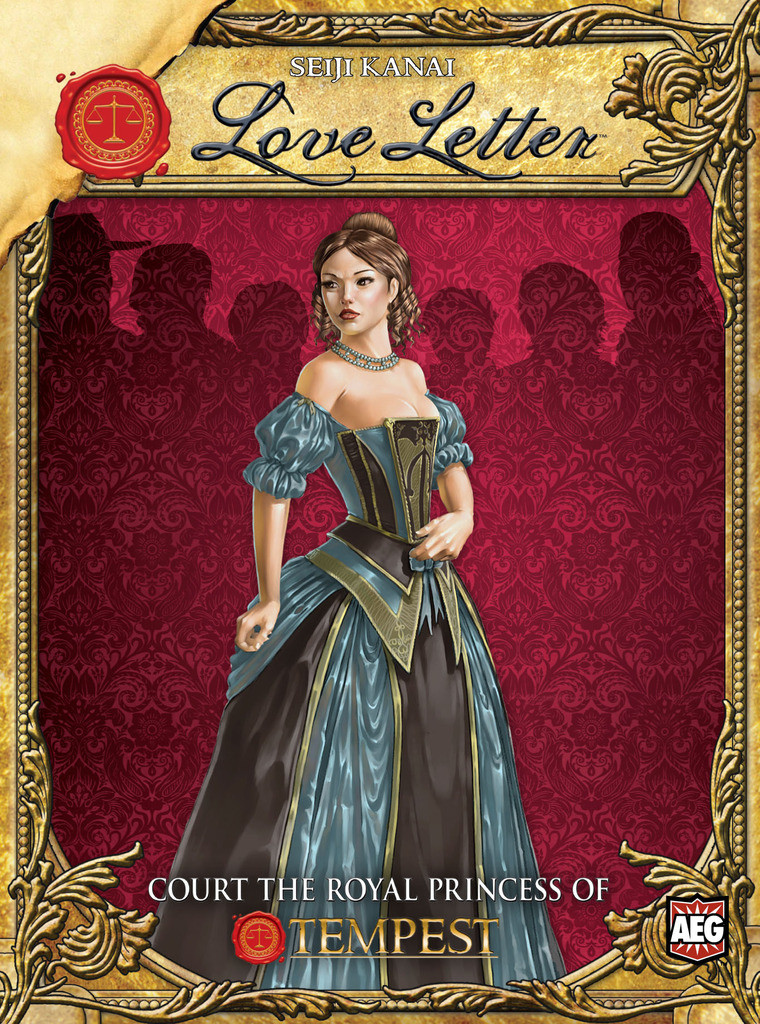
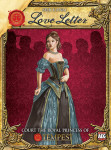
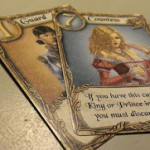
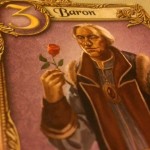

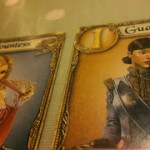
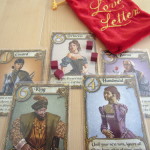
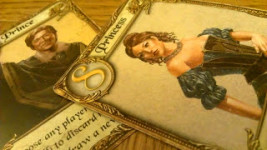
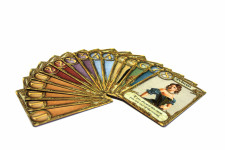


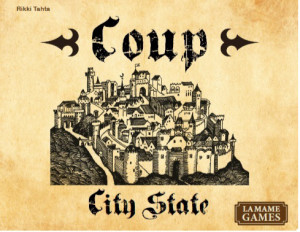
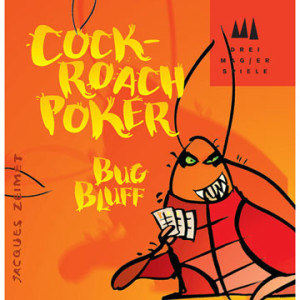
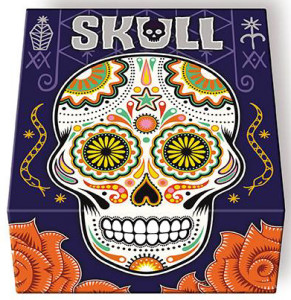
Sam says
Ouch! Love Letter can be brutal, especially if you take an unlucky hit early in the game when someone guesses your secret card. But if you're ok with that, it's a really fun game and plays so quickly, the next round will be along any minute.